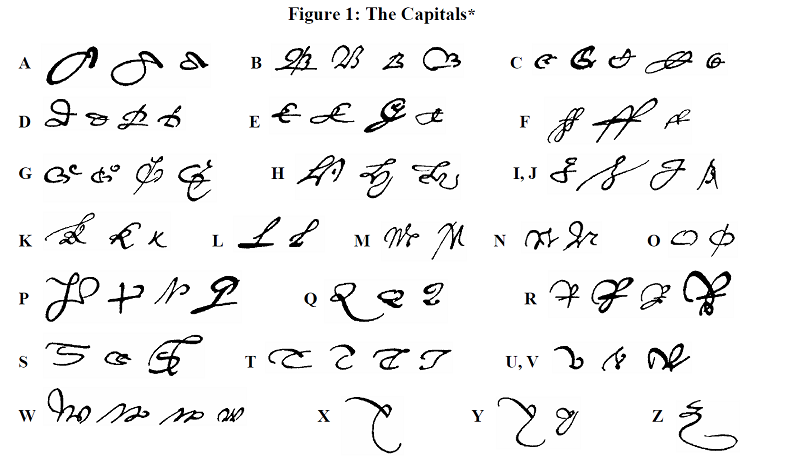Von
Puritan Board Sophomore
I want to translate an English manuscript from the 16th century (anonymous author) into Afrikaans. The copy that I have access to is a complete transcript that was recently published as part of a book. How does copyright work in this instance? I've contacted the publishers as well, but still waiting for a response.

